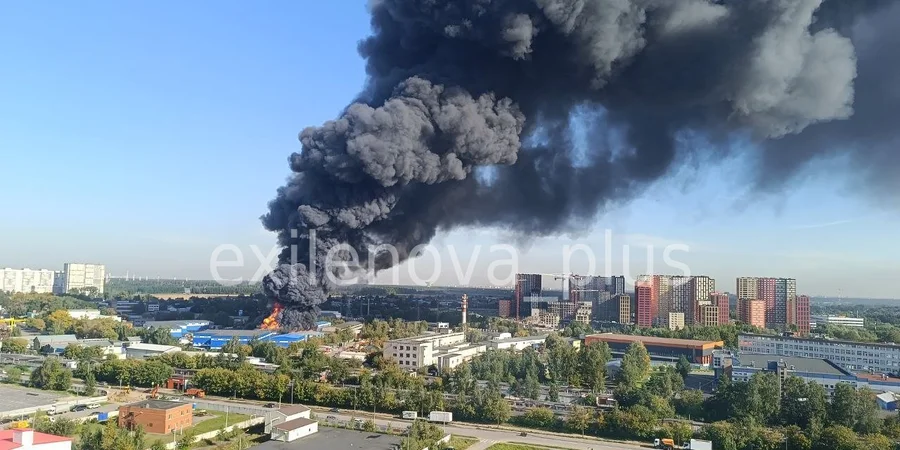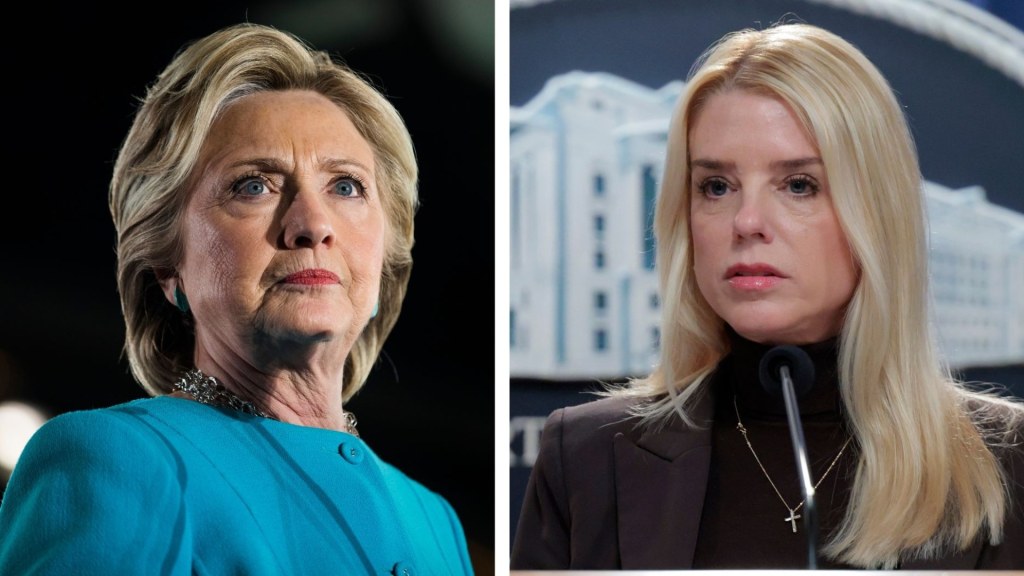
A chemical plant caught fire in Balashikha, Russia (Photo: Exilenova+/Telegram)
Dolly Parton shocked fans across the country on Monday after announcing that she is canceling all her scheduled 2026 shows in New York City, a move that immediately stirred reactions online. The country music icon shared a brief but powerful statement: “Sorry, NYC… I only sing for values that uplift and inspire.”
According to sources close to her team, the decision came after “serious disagreements” between Dolly and certain local requirements tied to the New York events. Parton reportedly felt that several of the expectations conflicted with her long-held principles of “positivity, simplicity, and unity,” values she has emphasized throughout her decades-long career.
The announcement spread quickly on social media, where thousands of fans expressed disappointment but also admiration for her stand. Many commenters praised her integrity, saying Dolly has “always stayed true to herself and never compromised her values for anything.”
The canceled NYC concerts were originally set to be part of her major 2026 tour, which will continue in dozens of other U.S. cities. Organizers confirmed that all ticket purchases will be fully refunded and that there are currently no plans to reschedule New York dates.
While New York fans may feel left out, Dolly Parton appears unwavering. She made it clear that she will only perform in places where she feels “respected, free, and inspired.”
In a seismic development that has reignited one of America’s most polarizing political controversies, Attorney General Pam Bondi has greenlit the release of long-classified documents tied to Hillary Clinton’s private email server, used during her time as Secretary of State from 2009 to 2013. Announced on July 21, 2025, the decision aligns with Senate Judiciary Committee Chairman Chuck Grassley’s relentless push for transparency, a cause he has championed since 2016. Bondi lauded Grassley’s “dogged pursuit of truth,” emphasizing the Department of Justice’s commitment to public accountability. Yet, while the declassification of these documents—particularly a previously unreleased appendix dubbed the “Clinton Annex”—has shed new light on past investigative failures, it is a single, cryptic email buried within the trove that has sent
shockwaves through Washington, raising fresh questions and fueling intense speculation.
The Clinton Annex, an addendum to the Justice Department’s 2018 Inspector General report, exposes significant shortcomings in the FBI’s handling of the Clinton email investigation under former Director James Comey. The report details how the FBI failed to fully analyze critical evidence, including thumb drives containing sensitive government communications, some reportedly involving then-President Barack Obama. Grassley, in a fiery statement, called the FBI’s efforts “grossly inadequate,” criticizing Comey, former Deputy Director Andrew McCabe, and ex-FBI Agent Peter Strzok for neglecting key evidence. This revelation has reignited debates over whether political bias influenced the FBI’s 2016 decision to clear Clinton of criminal charges, a move Comey announced before even interviewing her, raising eyebrows about the investigation’s integrity.

While the annex’s findings have sparked outrage, it is a newly uncovered email that has stolen the spotlight. The email, with its sender and recipient still under review for declassification, contains a vague yet provocative reference to a “sensitive operation” involving foreign actors and a senior State Department figure. Dated during Clinton’s tenure, the message hints at coordinated efforts to shield certain activities from public view, though its exact nature remains unclear. Political analysts and lawmakers are now dissecting its potential implications, with some suggesting it could point to undisclosed diplomatic deals or even attempts to influence the 2016 election. The email’s ambiguity has unleashed a torrent of theories, from credible concerns about national security to wild conspiracies circulating online.
Grassley, who has fought for these documents’ release since 2018, praised Bondi and FBI Director Kash Patel for their commitment to openness. “The American people deserve to know the truth, no matter how long it takes,” he declared, calling for further probes into the national security risks posed by the FBI’s lapses. Bondi echoed his resolve, framing the release as a step toward restoring trust in federal institutions. However, skeptics question the timing, noting that Bondi’s decision coincides with scrutiny over her handling of other high-profile cases, including those tied to Jeffrey Epstein. Critics argue the move could be a calculated distraction, dismissing it as “partisan posturing” designed to rehash old controversies.

The resurfacing of Clinton’s email saga, now amplified by this mysterious message, has deepened Washington’s partisan divide. Republicans are seizing on the email as evidence of potential misconduct, demanding renewed investigations, while Democrats decry the release as a political stunt irrelevant to current priorities. The email’s cryptic content ensures it will remain a lightning rod for debate, with its true significance still shrouded in uncertainty. As Washington grapples with this unexpected twist, the Clinton email controversy—once thought relegated to history—proves its enduring power to captivate, divide, and unsettle the political landscape, reminding us that some scandals never truly fade.
A major fire erupted on Sunday, August 31, at an industrial site in Balashikha, Moscow region. Thick black smoke covered the area, and residents reported a strong smell of burning.
According to Russia’s Ministry of Emergency Situations (EMERCOM), the blaze began in warehouse facilities storing automotive chemicals in an industrial zone. The fire spread across approximately 4,000 square meters and later reached adjacent buildings.
Local media, citing eyewitnesses, reported that explosions were heard at the site. Telegram channels suggested that gas cylinders and fuel materials might have been stored in the warehouses.
The affected facilities include storage premises belonging to the Balashikha Experimental Chemical Plant (BOHZ), a manufacturer of plastic products, as well as the company TDK, which sells household chemicals.
More than 80 EMERCOM personnel and 30 units of equipment, including Mi-8 and Ka-32 helicopters, were deployed to contain the fire. Despite aerial firefighting efforts, emergency services noted that heavy smoke and high warehouse density complicated the operation.
Earlier, drones reportedly struck an underground explosives depot at the Aleksin Chemical Plant in Russia’s Tula region, about 320 kilometers from Ukraine’s border. The facility, sanctioned by the US, EU, and Ukraine for supplying Russia’s defense industry, stored large amounts of pyroxyline gunpowder.
Local residents reported powerful explosions and a major fire, while Russian officials acknowledged drone debris fell on the site despite claimed air defense interceptions.
A chemical plant caught fire in Balashikha, Russia (Photo: Exilenova+/Telegram)
A large-scale fire erupted at a chemical plant in Balashikha, a suburb of Moscow, on the morning of Aug. 31, according to the Russian Telegram channel ASTRA.
The fire officially spans 4,000 square meters, with Russian authorities claiming no casualties.
Russian social media reports indicate that firefighting efforts are hampered by heavy smoke and a large quantity of flammable materials at the site.
Videos circulating online show a dense column of black smoke, with sounds of explosions audible.



